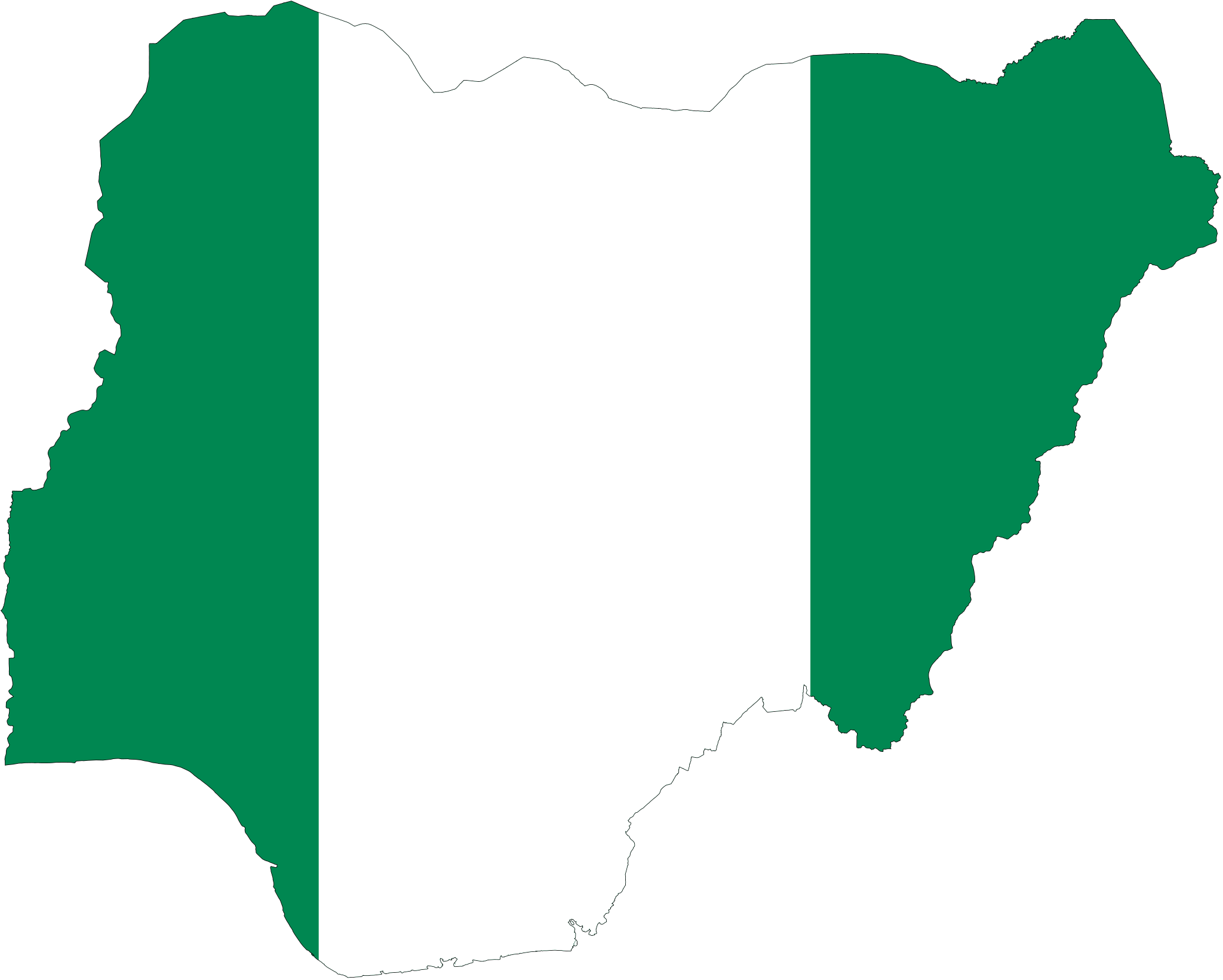Even though, Nigeria is not fighting a conventional war, but it seems as if the nation is tipping towards the precipice given the level of unjustifiable separatist agitations.
Since Isaac Adaka Boro’s Niger Delta Volunteer Force, began its 12 day secessionist offensive in February 1966, the spectre of separatism is still potent in Nigeria. Even though, Boro realised the futility of separatism, recanted his actions, and fought against Biafra in the Nigerian Civil War; almost six decades later, some forces are still bent on dismembering the Nigerian state.
During the 76th session of the United Nations General Assembly, Nigerian separatist groups occupied the precincts of the United Nations, chanting the inglorious song of secession. Thereafter, another separatist group, the Nigerian Indigeneous Nationalities Alliance For Self Determination (NINAS), recrafted the nation’s map, reflecting its dream of excising some states from the country.
Does the economic and political reality justify the transformation of Nigeria into a flawed behemoth ceaselessly attacked by potential secessionists ? If the reality justifies the attacks, then who should be blamed? And is dismembering the nation a way out?
Nigeria’s prosecution of the Biafran War; its instrumentality in the formation of ECOWAS; and setting up of the OAU (now AU) on a fearless trajectory, unmindful of whose ox was gored, projected it as a promising developing nation. Nigerians highly identified with the anti corruption crusade, and the economic diplomacy of the 70s, which reinforced the liberation struggles in Central and Southern Africa. Consequently, Nigerians rallied round their developmental state, a Father Christmas, which made life more abundant.
Therefore, in the crucial decades (60s and 70s ), Nigeria bestowed an identity on its citizens, most Africans would wish to have. Its citizenship was a sort of political privilege, which made Nigerians special Africans.
The uniqueness of Nigeria stems from three sources. First, despite the engagements of Western powers to dismember the nation, Nigeria remained undivided after its Civil War. Secondly, it was only an extraordinary African state, led by an extraordinary Head of State (late General Muhammed), who could use an extraordinary summit, to extraordinarily plummet the mightiest president in the world. Third, due to its anti imperialist credentials, Nigeria earned the status of a front line state in the decolonisation struggles of some African countries.
We could recall the era when Nigeria aggressively asserted itself in the global arena, and its citizens proudly brandished their identity anywhere. Despite being capitalistic, the economy afforded poor Nigerians the opportunity to fend for themselves. The state propped the emergent capitalist class through nationalisation, privatisation and other measures, and it didn’t abandon the poor.
The prevailing economic and political regime alienates majority of Nigerians, with an insular democracy, captured by a plunderous political class, who elevate personal interests over national interests.
Prioritising the precepts of IMF and the World Bank, over the wellbeing of Nigerians has regretfully, pushed the nation into a cul-de-sac. While the rulers have commandeered the economy, the neoliberal virus in their blood has dampened their compassion and emphathy for the poor, who have been left with nothing but their eyes to weep with.
The decadence of the ruling class in disintegrated empires such as the Ottomon Empire, USSR, etc, widened the divide between the rulers and their subjects/ citizens, which helped to fuel centrifugal tendencies. By whatever criteria the decadence of a ruling class is established ( personalising the state, flamboyant lifestyles and tastes, unjustifiable expenditures for personal comfort, zero compassion and emphathy for the poor, etc), the Fourth Republic seemed to have produced the most decadent ruling class in Nigerian history.
In multicultural polities, political, ethnic, cultural, and religious persecutions engender separatism. Religious persecution led to centrifugal pressures which claimed millions of lives in the Southern Slavic countries. Rhohingya Muslims are persecuted by Myanmar’s military junta; and Muslims are stigmatised and politically persecuted by the Bharatija Janata Party-led government in India. Similarly, Christians are persecuted in North Korea and Afghanistan.
Then, which ethnic or religious group is politically, culturally, or religiously persecuted like the Muslims in India, the Slavic countries, Myanmar; or the Christians in North Korea and Afghanistan, warranting the separatist agitations in Nigeria?
With power shift to the South-West, South-South, and the almost successful attempt by the South East to clinch the presidency in 2023, the accusation of the monopolisation of political power by the North has crumbled.
The history of dismembered multicultural states has shown that separatism hasn’t been a remedy for the breakaway ethnic groups. Despite spilling blood against the political and cultural domination of the Arabs, the Southern Sudanese aren’t faring better in Southern Sudan, their new nation. Blood is still being spilt by them in factional infighting. The Ukraine-Russia war revealed that the dismemberment of the Soviet Union hasn’t brought lasting peace to the region.
The dynamics of dismembering large plural nations produce tragic outcomes, including humanitarian disasters. The regional and continental ramifications of a dismembered state, as large and populous as Nigeria, could hardly be imagined.
With this dismal prospects, the legion of separatists in Nigeria should sheath their swords.
Jahun, a commentator on public affairs wrote from Dutse, Jigawa State capital

 Join Daily Trust WhatsApp Community For Quick Access To News and Happenings Around You.
Join Daily Trust WhatsApp Community For Quick Access To News and Happenings Around You.


